A conversation between two fine Aotearoa writers, Emily Perkins and Julie Hill, was always going to be interesting to listen to, so it was no surprise that The Piano filled up nicely last Friday afternoon. After a brief introduction, in which Julie called Emily ‘The Lioness of Literature’, both settled into an intelligent, engaging conversation which was an absolute treat to listen to.
Emily Perkins is known for her authentic dialogue and deft narration. As a child, reading was always actively encouraged, and Emily commented:’ There was not much else to do’. Emily graduated from Toi Whakaari, but after a few gigs she realised that acting was not her path. She did Creative Writing at Victoria University and once she moved to London, there was again, ‘not much else to do’ which led to her first publication of Not her real name and other stories. This was followed by Leave Before You Go(1998), The New Girl (2001), Novel About My Wife (2008), and The Forrests (2012).
Perkins has a calm and awake stage presence. The language of her hand gestures support her words and her eyes connect with her audience with curiosity and warmth. She has a quick wit and and readiness to laugh. There are many chuckles from the auditorium over the course of the interview.
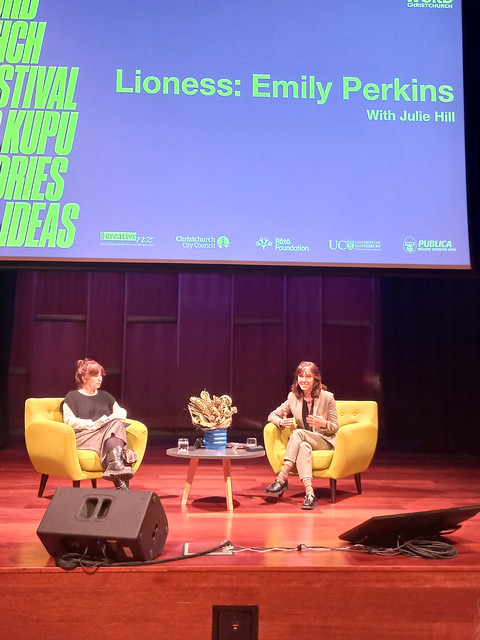
‘Lioness’ explores the relationship between privilege and inertia. It looks at class and the need to constantly accumulate. Our capacity for change is a crucial element - and how comfort makes change so much harder. Emily spoke about the concept of ‘enoughness’ and her attempt to understand how her character shudders at words such as ‘toilet’ or ‘doily’. Therese, the main character, has a homeware shop in which taste becomes judgement. The novel looks at philanthropy and how we use this to make up for privileges, opening a window into the systemic forces of our society.
There is a decade between Perkins' last release and Lioness. Hill asked how her own growth and development affected the novel. ”I didn’t just want to write a satire", commented Emily, "I really wanted to get underneath the skin of the character. Therese is not aware of taking credit for her own achievement."
What I found particularly interesting to hear was how for a long time in the making of this book, Therese was not the main character. Instead, her friend Claire, who has dropped the social mask, had the limelight. Over the course of writing, Therese became the voice of the narrative.
Emily speaks with so much love, interest and respect about all her characters, whether they are likable or not. A question from the audience asks about her choice of names for the various characters and Emily’s answers speak of her connection and playfulness.
After this WORD event, I can’t wait to read Lioness - and I’m going to re-read all Perkins previous books.
Angela
South Library
Find out more
- WORD Christchurch website and 2023 programme
- Follow @WORDChCh on Twitter
- Follow WORDchch on Instagram
- Like WORD Christchurch on Facebook
- Our WORD Christchurch 2023 page
- Photos from WORD Christchurch 2023


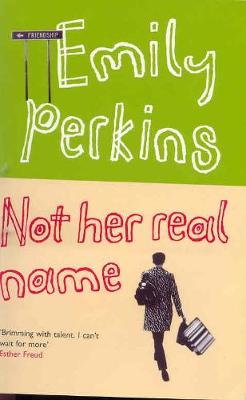
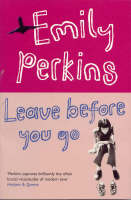
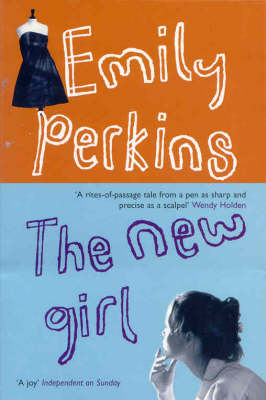
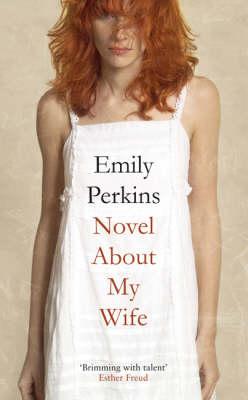
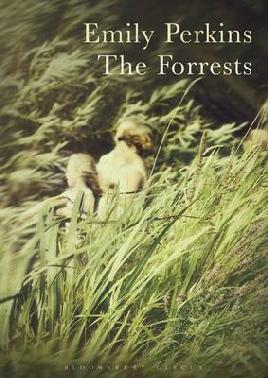
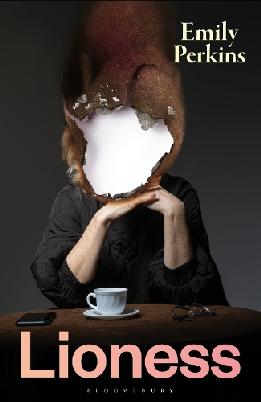

Add a comment to: WORD Christchurch 2023: Emily Perkins, the Lioness of Literature